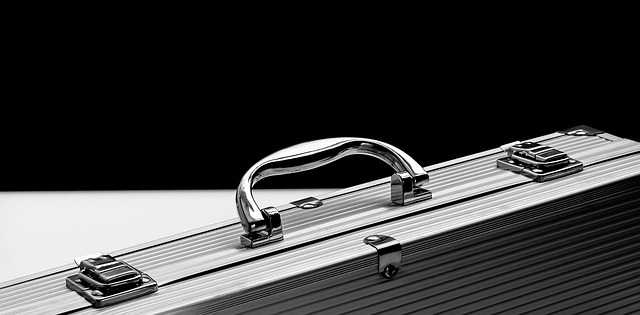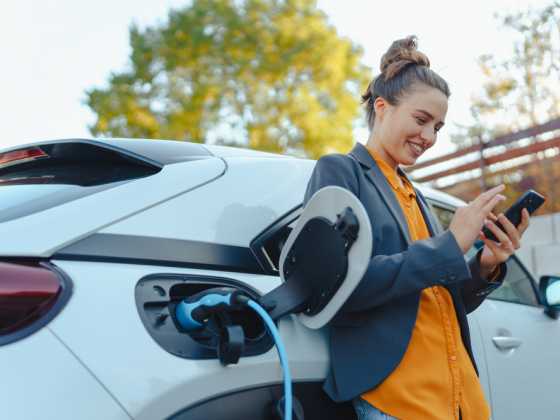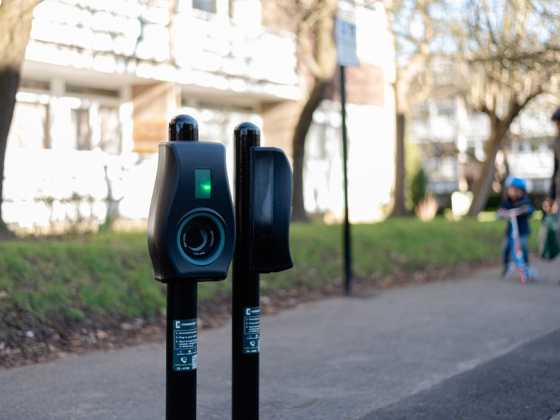Budget 2017: “Our future vehicles will be driverless, but they’ll be electric first”

The chancellor Phillip Hammond has outlined measures that will affect vehicle tax, fuel duty, BIK rates and motoring taxes, as well as improve the electric vehicle sector.
Fuel duty has yet again been frozen, and the existing benefit-in-kind (BIK) rates for the diesel supplement, which is currently three per cent above petrol rates, will increase by one per cent.
As of April next year, diesel rates will be four per cent higher than petrol and alternatively fuelled cars.
A new £400 million charging infrastructure fund has also been announced, with a further £40 million available for EV charge point R&D.
Hammond went on to say that the government “will clarify the law so that people who charge their electric vehicles at work will not face a benefit-in-kind change from next year”.
The Plug-in Car Grant (PiCG) is guaranteed until 2020, giving it a two-year extension, and it will also receive a £100 million boost.
In terms of Connected and Autonomous Vehicles (CAVs), new law changes are set to allow fully-driverless cars on the road in the UK without a human present by 2021.
The government’s Air Quality plan, which was detailed earlier this year, is set to be funded through taxes on new diesel.
As a result, from April 2018 the first year VED rate for diesel cars that don’t meet the latest standards will go up by one band.
Hammond said: “Drivers buying a new car will be able to avoid this charge as soon as manufacturers bring forward the next-generation cleaner diesels that we all want to see.”
However, it was made clear that this will only apply to cars as “no white van man (or woman) will be hit by these measures”.
This levy will fund a new £220 million Clean Air Fund to provide support the implementation of local air quality plans.



